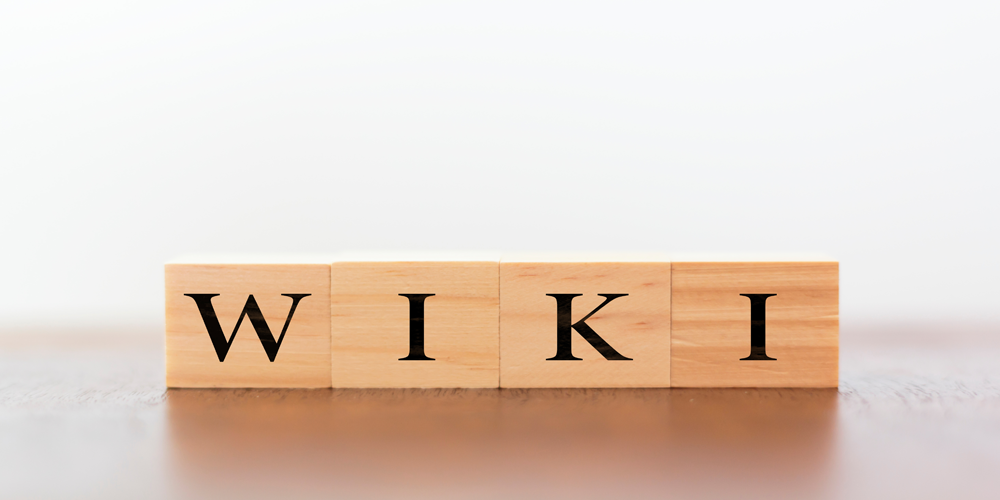Wikipedia: Unveiling the Global Repository of Knowledge
In the vast expanse of the internet, one website stands out as a beacon of knowledge, a testament to collaborative effort, and a cornerstone of modern information access: Wikipedia. Launched in 2001, Wikipedia has evolved from a modest online encyclopedia to the largest and most comprehensive reference work ever created.
With millions of articles in hundreds of languages, it has become an indispensable resource for students, scholars, professionals, and curious minds worldwide. In this article, we will delve into the history, structure, controversies, and significance of Wikipedia, exploring how it has transformed the way we access and interact with information.
The Birth of Wikipedia
Wikipedia was conceived by Jimmy Wales and Larry Sanger, who aimed to create a freely accessible encyclopedia that anyone could edit. Unlike traditional encyclopedias that relied on experts to write and verify articles, Wikipedia adopted a decentralized model of content creation, allowing users to contribute and edit articles collaboratively. This revolutionary approach democratized knowledge, empowering individuals from diverse backgrounds to share their expertise and insights on virtually any topic.
The Wiki Philosophy
At the heart of Wikipedia lies the “wiki” philosophy, which emphasizes openness, collaboration, and consensus-building. Anyone with internet access can edit Wikipedia articles, making it a truly democratic platform for knowledge dissemination. While this open-editing model has its challenges, including the risk of vandalism and misinformation, Wikipedia has implemented robust mechanisms to ensure the reliability and accuracy of its content. This includes a community of volunteer editors who monitor changes, revert vandalism, and engage in discussions to resolve disputes.
The Inner Workings of Wikipedia
Behind its user-friendly interface, Wikipedia operates on a complex infrastructure governed by a set of guidelines and policies. Articles are organized into categories and subcategories, with each page featuring a table of contents, references, and related links. The MediaWiki software, which powers Wikipedia, allows users to create, edit, and discuss articles using simple markup language. Additionally, Wikipedia maintains a strict editorial hierarchy, with experienced editors overseeing content quality and resolving disputes through consensus-based decision-making.
The Rise of Wikimedia Foundation
As Wikipedia grew in popularity and influence, the need for institutional support became evident. In 2003, the Wikimedia Foundation was established as a nonprofit organization to oversee Wikipedia and its sister projects, including Wikimedia Commons, Wiktionary, and Wikidata. Supported by donations from users and grants from philanthropic organizations, the Wikimedia Foundation provides the necessary infrastructure, technology, and legal framework to sustain Wikipedia’s operations and ensure its long-term viability.
Wikipedia’s Impact on Knowledge Access
Since its inception, Wikipedia has revolutionized the way we access and consume information. With its vast repository of articles spanning a myriad of topics, Wikipedia serves as a starting point for research, learning, and exploration. Whether seeking quick facts or in-depth analysis, users turn to Wikipedia as a trusted source of information, often supplementing it with primary sources and scholarly publications. Moreover, Wikipedia’s multilingual approach ensures that knowledge is accessible to people worldwide, transcending linguistic barriers and fostering cross-cultural understanding.
Controversies and Criticisms
Despite its many virtues, Wikipedia has faced its fair share of controversies and criticisms over the years. One of the most notable issues is the reliability of its content, particularly on controversial or contentious topics. While Wikipedia strives for accuracy and neutrality, articles can be subject to bias, misinformation, and edit wars. Additionally, concerns have been raised about the lack of diversity among Wikipedia editors, with studies showing that a majority of editors are male and from Western countries. This imbalance can lead to systemic biases in content coverage and representation.
Addressing Bias and Vandalism
To mitigate bias and vandalism, Wikipedia has implemented various measures, including automated tools, content guidelines, and community oversight. Bots and algorithms help detect and revert vandalism in real-time, while semi-protected and fully protected articles restrict editing to registered users and experienced editors. Furthermore, Wikipedia encourages diversity and inclusivity through initiatives such as WikiProject Women in Red, which aims to improve coverage of women and gender-related topics on Wikipedia.
The Future of Wikipedia
As we look ahead, the future of Wikipedia appears both promising and challenging. On one hand, advancements in artificial intelligence and machine learning hold the potential to enhance Wikipedia’s content quality, automate mundane tasks, and improve user experience. On the other hand, Wikipedia must grapple with emerging threats such as disinformation campaigns, censorship, and regulatory scrutiny. Nevertheless, Wikipedia remains steadfast in its mission to democratize knowledge and empower people to share and learn from one another.
Wikipedia a Beacon of Knowledge
Wikipedia stands as a testament to the power of collaboration, community, and open access to knowledge. Over the past two decades, it has evolved from a humble experiment to a global phenomenon, transforming the way we seek, share, and verify information. While challenges persist, Wikipedia continues to innovate and adapt, guided by its unwavering commitment to truth, transparency, and the pursuit of knowledge for all.
As we navigate an increasingly complex and interconnected world, Wikipedia remains a beacon of enlightenment, reminding us that the sum of human knowledge is greater than any one individual or institution.
